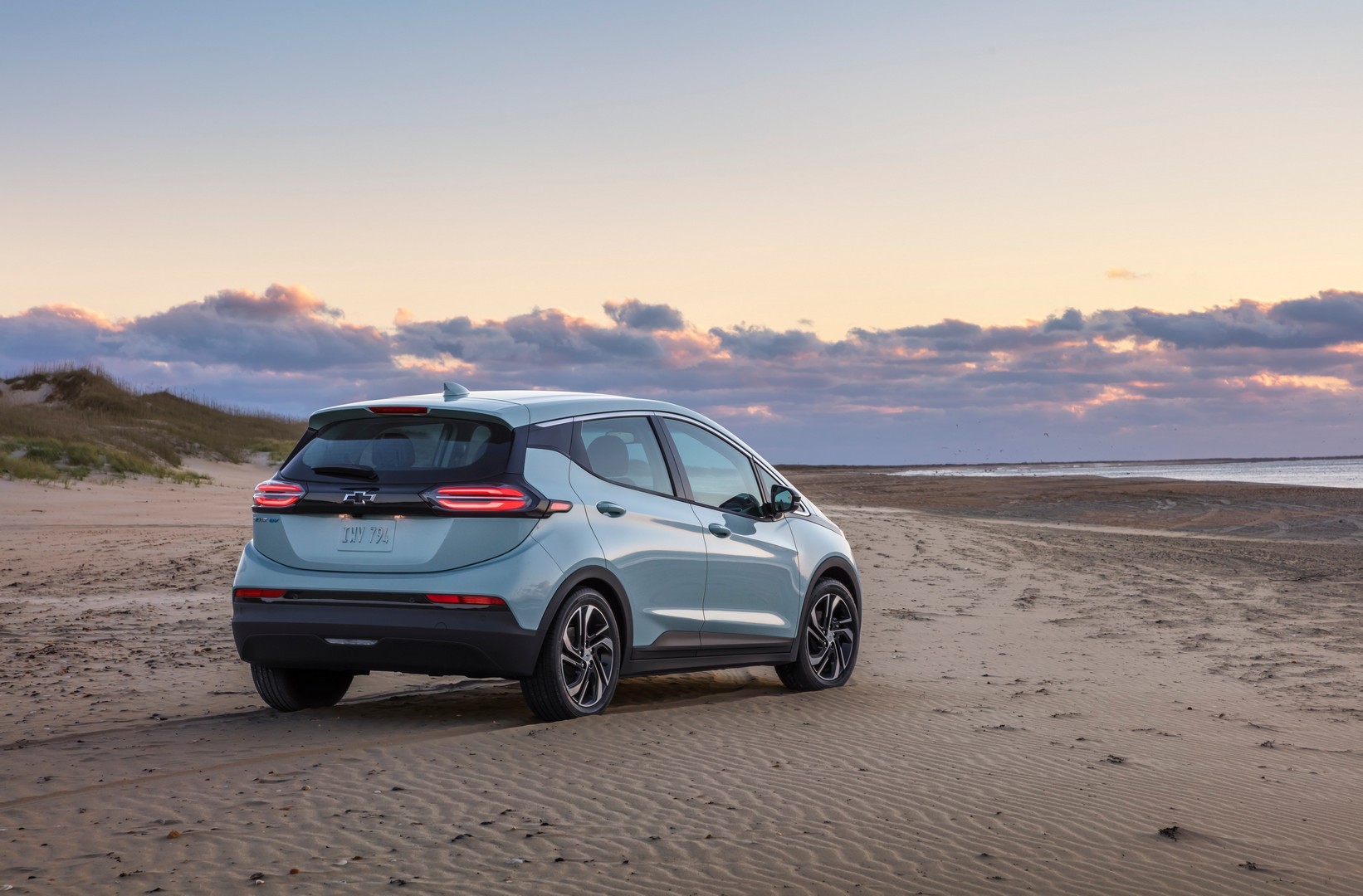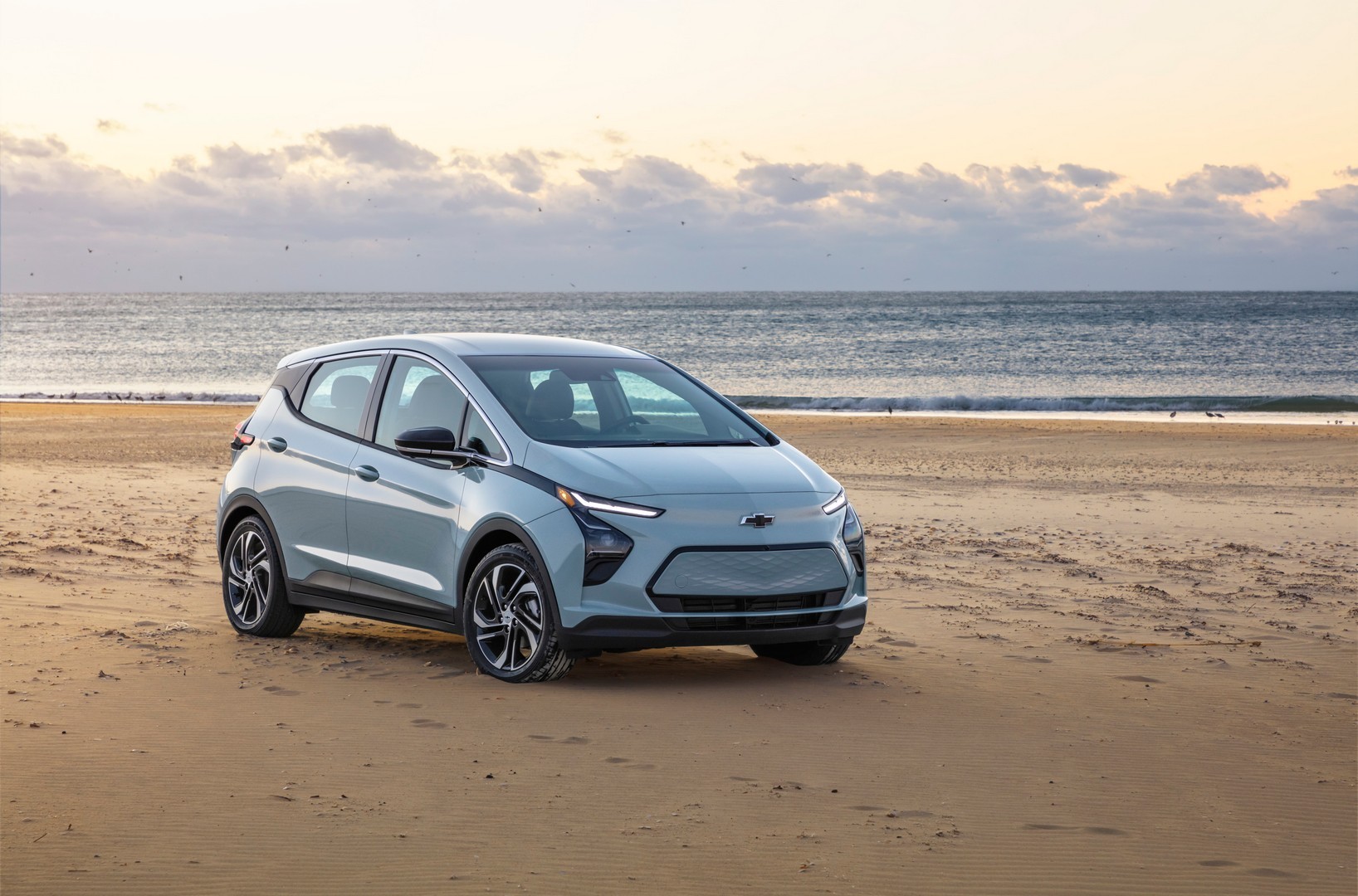In a notable shift for the Kansas facility, the focus will transition to manufacturing the second-generation Bolt EV by the end of 2025, with these new models expected to hit dealerships as 2026 editions.
Early May 2024 saw a significant declaration from the Detroit-based automaker: production of the Malibu at Fairfax Assembly & Stamping will conclude in 2025. This upcoming version of the Bolt EV will be built on GM’s Ultium architecture, utilizing LFP chemistry for its high-voltage battery, and will include Tesla’s NACS charging port, standardized as SAE J3400 in December 2023.
The second-gen Bolt EV will also feature the advanced Ultify software platform. While specific details remain limited, Mary Barra hinted that this new model will likely be an evolution of the first-generation BEV2 platform rather than a completely new design.

GM also confirmed that the Bolt EV and Cadillac XT4 will share the same production line at Fairfax Assembly & Stamping. This allows GM to adapt production based on demand without idling the plant.
The future affordability of the next-gen Bolt EV remains uncertain. In December 2023, the last month of production for the first-gen Bolt EV and the similar Bolt EUV, the Bolt EV started at $26,500, and the Bolt EUV at $27,800, excluding destination charges and options. The BEV3-based Equinox EV starts at $34,995.
Nissan intends to launch a new Leaf in 2025; it may begin manufacturing in the UK as early as March of that year. Based on the CMF-EV platform, the next Leaf will change from a hatchback to a crossover and probably have a multi-link rear suspension. At $30,900 for the MINI Cooper SE Electric Hardtop 2 Door and $32,500 for the Fiat 500e, two reasonably priced EVs are now available in the US.

